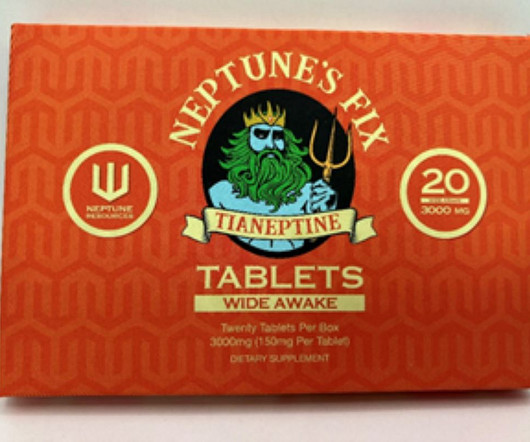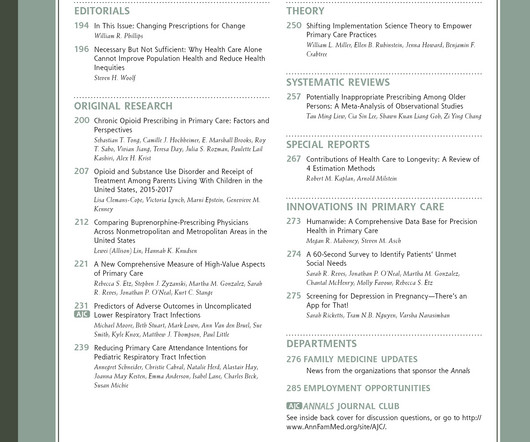‘Gas Station Heroin’ Spurs Spike in Poison Control Calls, FDA Warns
Physician's Weekly
JUNE 17, 2025
The FDA sent a warning letter to the maker of a product called Tianna in 2018. Between 2018 and 2023, tianeptine-related calls to U.S. Until recently, the AP reported, Alabama had the highest rate of tianeptine-related calls in the South — up more than 1,400% between 2018 and 2021. More information The U.S.












Let's personalize your content